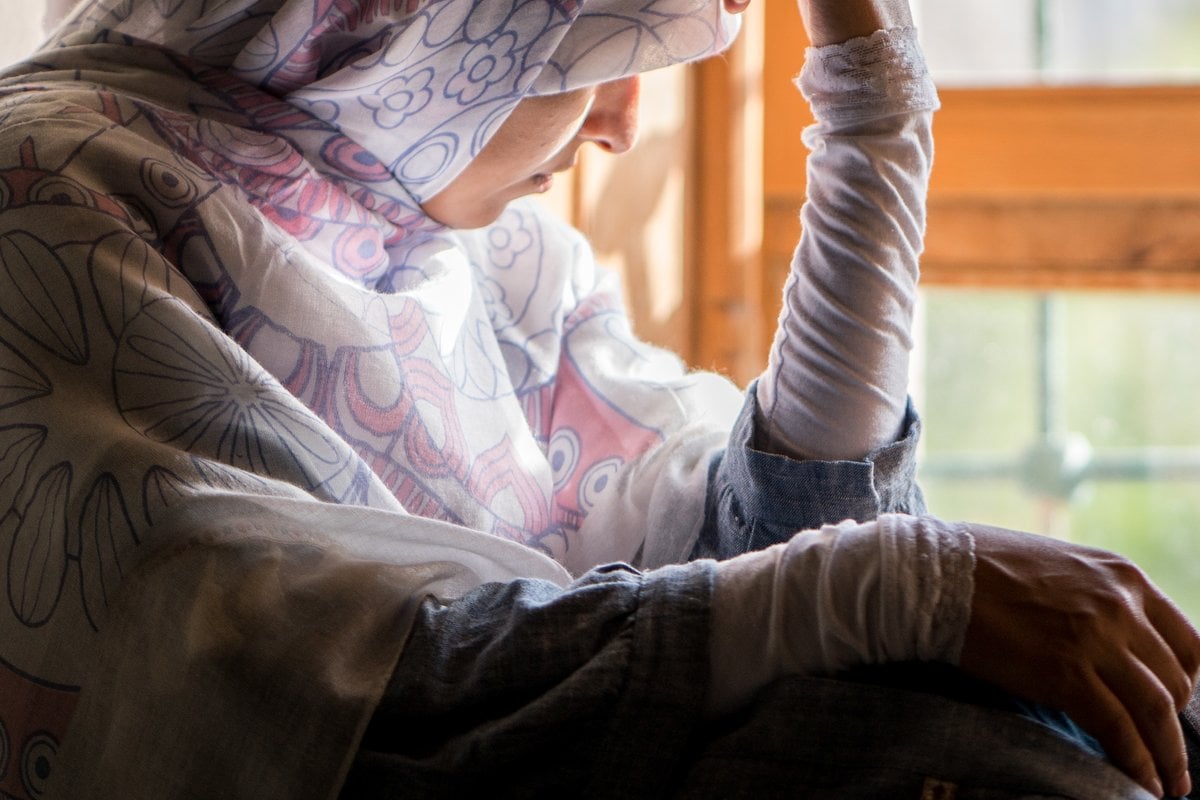
The number of reports of domestic violence related incidences typically surges during the Christmas-New Year's break, due to alcohol, financial stress, a higher frequency of family gatherings, and families and couples spending more time together at home.
This year has already seen a spike in incidents of abuse, thanks to COVID-19, with couples and families further isolated from the outside world and social distancing measures making it more difficult for victim-survivors of abuse to seek help and extricate themselves from torturous relationships.
A combination of the holiday break with pandemic restrictions could have grave consequences. The current outbreak in Sydney provides a new opportunity for perpetrators to exercise coercive control under the guise of needing to protect their families. Victim-survivors will be told to stay home, minimise contact with others and potentially become more exposed to abuse at home.
At Settlement Services International (SSI) we are concerned about the impact of domestic and family violence – immigration facilitated coercive control in particular – on migrant communities. We focused on that during 16 Days of Activism Against Gender Based Violence, which concluded on Human Rights Day, December 10.
NSW is currently debating whether coercive control should be legislated as a form of domestic and family violence (DFV) abuse that can be prosecuted under the law, with the government releasing a discussion paper on the topic.
A perpetrator of coercive violence aims at controlling another person to achieve compliance and subservience, often rendering the victim-survivor feeling powerless and helpless.




























































































